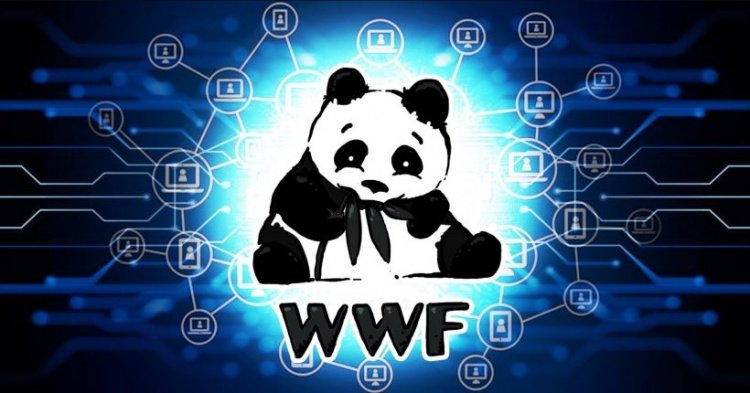World Wide Fund for Nature Unveils Impactio

The World Wide Fund for Nature (WWF) presented its own blockchain at the Concordia Summit, held under the auspices of the United Nations General Assembly, and dedicated to social impact partnership.
The Impactio blockchain was developed by the WFF innovation incubator Panda Labs. It applies the ConsenSys-backed blockchain-as-a-service platform Kaleido, which is based on Ethereum. Impactio was created as a way to achieve the UN Sustainable Development Goals (SDGs), many of which are in line with WWF's mission. The 17 points of this document, adopted by UN member states in 2015, are aimed at eradicating poverty, improving the health and well-being of people around the world. Among the expected results are also ocean conservation, accessible and clean energy, and gender equality.
Since there are no clear paths to achieve these goals, those non-governmental organizations, who apply for UN funds have to show how exactly their projects will contribute to the implementation of the SDGs.
It is known that, according to official figures, the annual budget of the World Wide Fund for Nature is now more than $ 300 million. However, at the summit, WWF Director of Global Conservation Kavita PRAKASH-MANI accompanied by ConsenSys founder Joseph LUBIN said that the Wildlife Fund lacks funding of $ 2.5 trillion by 2030 to meet the Sustainable Development Goals.
But the problem is that potential benefactors do not have a clear idea on what exactly their money will affect. Projects, in turn, cannot understand why their proposed ideas do not attract any attention, due to the opaque grant distribution process.
The Impactio blockchain, already tested by a hundred of project evaluators, is designed to provide more confidence for both sides. According to WWF, the idea is to allow blockchain networks to facilitate the process of checking projects by experts. Tokens will be used to «incentivize collaboration and decision making.» With the use of blockchain, the process of project supervision should become more transparent, automated, and protected from unauthorized access.
It looks like WWF does not plan list at crypto exchanges, but rather creates a registry controlled and curated by tokens.
Image courtesy of Crypto Heroes